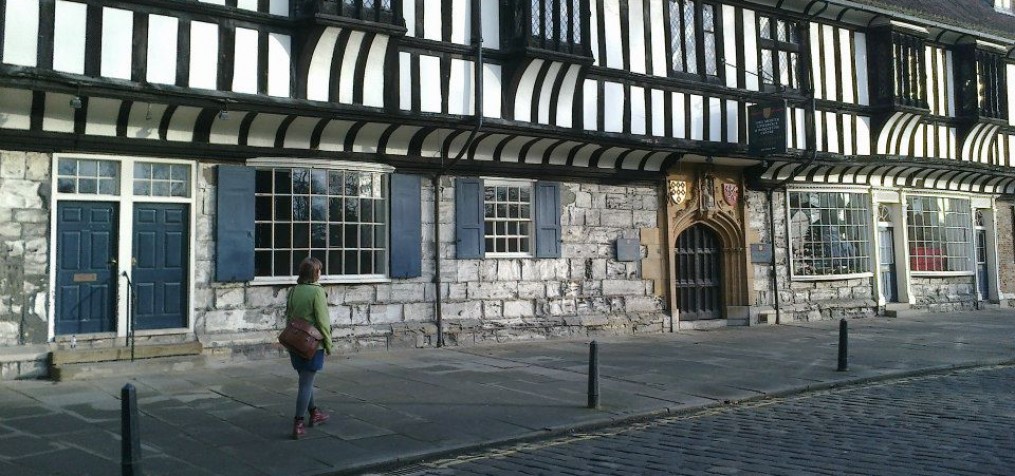As I continue to think about how I’m going to develop some sort of plot for this book of mine, I’m beginning to wonder about my original plans.
One thing I know for sure is that I want to write about the advent of farming. I want to consider the processes that might have been at play with the passing on of knowledge and skills that allowed people to keep domesticates. Old fashioned views see farming arriving in Europe from the Near East in the form of colonising cultivators, but we have to remember that some parts of the landscape were already heavily populated, and had been that way for tens of thousands of years! Almost immediately I had decided to write from the point of view of one of these indigenous cultures. I wanted to see how I would envisage them interacting with the people who knew how to raise animals and when and where to plant cereals.
However there is that age old concept of “us” and “them”. If I’m not careful I’ll find myself in that familliar “Dances with Wolves” scenario where the peaceful natives are disrupted in their harmonious lives by the incoming higher-level civilisation until one day two people think differently and unite their comrades in tolerance and equality. Not that there’s anything wrong with that sort of story telling – in the last month alone I’ve been caught having a secret sniffle at Pocahontas during a particularly difficult hangover. I shan’t mention my reaction to Avatar… it was rather embarrassing.
One of the points I think I’d like to get across though is that interactions may not have been guarded or hostile; indeed they may well have been amicable. In some ways I am tempted to portray my hunter-fishers and my farmers as working together; trading food stuffs, material culture, even people. The stable isotope data from the Danube Gorges and indeed across much of Neolithic Europe often conveys a picture of patrilocality, with females entering the communities from outside of the region, or at least from a different social group who employed different subsistence strategies.
Having said that, a story needs intrigue and the reader needs, not necessarily to be able to take sides but to invest their time and emotions in a character or group of characters. Having clearly defined boundaries and roles for the characters can be a positive thing, especially if the story is taking on the nature of a parable.
